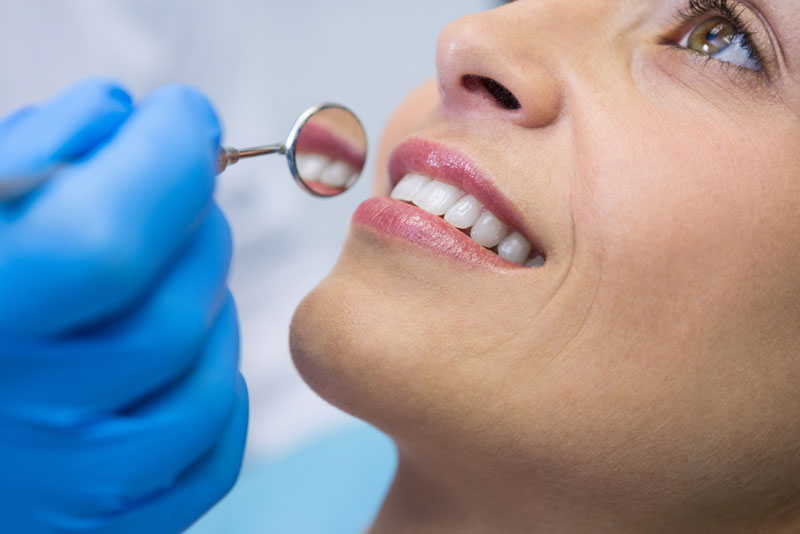Dental tartar is also called calculus. It is hardened dental plaque, a sticky film that continually forms over teeth. When plaque isn’t removed, minerals in saliva are deposited into it, causing it to harden into tartar within just a few days.
Unlike plaque, you cannot remove tartar from teeth by brushing and flossing. When tartar remains on your teeth, it can lead to dental problems. This is because plaque and tartar contain bacteria. These bacteria thrive on sugars and starches in food, creating acids and toxins as byproducts.
The problems these acids and toxins can cause include:
- Tooth decay occurs as the acids erode tooth enamel, resulting in cavities.
- Gum disease occurs because the toxins can infect and inflame the gums. Severe gum disease in Newcastle is a significant cause of tooth loss and can harm overall health.
Preventing Tartar Buildup
It is relatively straightforward to prevent tartar from building up by maintaining a good oral hygiene routine in Clarington. Brushing your teeth at least twice a day and flossing at least once a day helps remove most harmful plaque before it can harden into tartar.
Regular hygiene appointments are important, and most people benefit from seeing a hygienist every six months. When you first visit our dental office, we provide a personalized preventive dental care plan tailored to your current dental and medical health. The plan will outline how frequently we recommend hygiene appointments.
If you have any dental or medical issues that increase your risk of oral disease, we may recommend you see a hygienist more frequently. Having your teeth professionally cleaned is an excellent way to protect your dental and overall health.
During these hygiene appointments at West Bowmanville Family Dental, we can professionally clean your teeth.
What to Expect during a Hygiene Appointment?
A hygiene appointment should be painless and begin with a quick examination of your teeth and gums. The hygienist will assess the amount of tartar buildup that needs to be removed and examine the condition of your gums.
They may take measurements at every appointment using a periodontal probe. This is a small instrument gently inserted between each tooth and gum, measuring the depth of these spaces. Measurements are recorded and can be checked against new measurements during every visit.
Healthy gums shouldn’t have a depth of more than 3 mm. If measurements exceed this, it may indicate the early stages of gum disease.
Ultrasonic tools are used to loosen tartar, which is then gently scraped away from your teeth. After removing all tartar buildup, your teeth are carefully polished. Finally, the hygienist will floss between each tooth to check that all tartar is thoroughly removed and that your teeth are beautifully clean and smooth.
An added benefit is that your teeth can appear slightly brighter, and your breath will be noticeably fresher.
If needed, a hygienist can provide additional preventive dental care treatments, such as professional fluoride applications, in Courtice. Fluoride applied topically to tooth surfaces can help to harden them, reducing the risk of cavities. It can be applied as a gel or varnish, or given as a mouthwash.
Fluoride applications are safe, cost-effective, and suitable for children and adults.
Do I Need to See a Dentist to See a Hygienist?
You don’t need to see a dentist to see a hygienist, but if our hygiene team notices any issues, then we can liaise with our dentist or recommend that you book a proper dental exam.
Regular dental hygiene appointments are an easy, cost-effective, and time-saving way to look after your teeth and gums when combined with a good oral care routine at home.


